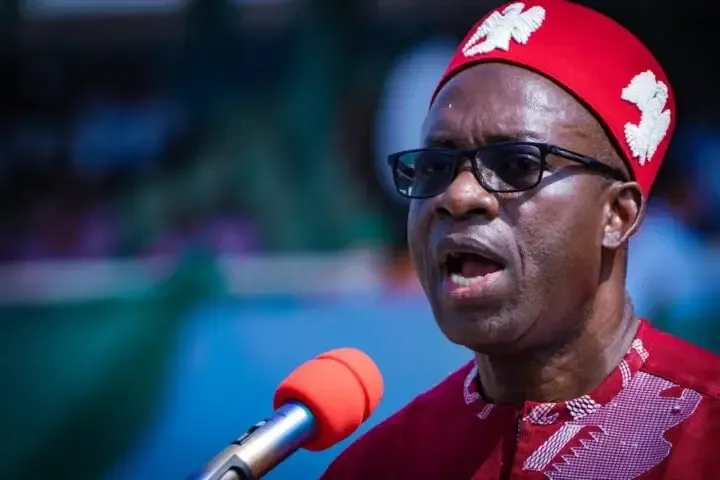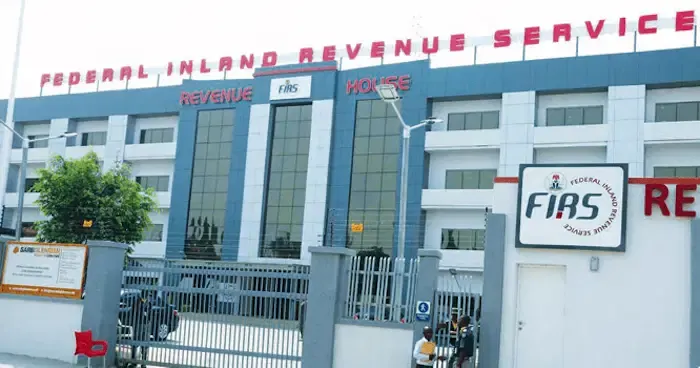Five people were shot dead and dozens wounded on Tuesday as anti-tax hike protests in Kenya intensified, according to non-governmental organizations. The violence erupted after demonstrators stormed the parliament compound in Nairobi, clashing with police who responded with tear gas, water cannons, rubber bullets, and, reportedly, live ammunition.
Despite assurances from the government that the right to assembly would be respected, the protests spiraled into violence. “Today’s protests have spiraled into violence,” several NGOs, including Amnesty Kenya, stated in a joint declaration reporting the casualties.
The White House called for calm, and over ten Western nations, including Canada, Germany, and Britain, expressed shock over the violent scenes outside the Kenyan Parliament.
The youth-led rallies reflect widespread anger over proposed tax hikes and the ongoing cost-of-living crisis. “This is the voice of the young people of Kenya,” said 26-year-old lawyer Elizabeth Nyaberi at a protest. “They are tear-gassing us, but we don’t care. We are here to speak for our generations and the generations to come.”
Initially peaceful, the protests turned chaotic as crowds in Nairobi threw stones at police, pushed past barricades, and entered the parliament grounds. Local TV footage showed ransacked rooms with smashed windows, vandalized cars, and damaged flags. Nairobi’s City Hall was set alight, with a water cannon deployed to extinguish the flames.
Following reports of live ammunition being used, Kenya’s main opposition coalition, Azimio, accused the government of using excessive force. “Kenya cannot afford to kill its children just because the children are asking for food, jobs, and a listening ear,” Azimio stated.
Defence Minister Aden Bare Duale confirmed the military deployment was “in response to the security emergency” across Kenya. Earlier, thousands of protesters had marched peacefully through Nairobi’s business district, pushing towards parliament while livestreaming their actions and singing.
Protests also occurred in Mombasa, Kisumu, and Eldoret, with local TV channels showing footage of the demonstrations. The Independent Policing Oversight Authority and rights groups reported two deaths in last week’s rallies in Nairobi, with Amnesty International Kenya stating that at least 200 people were wounded.
Amnesty Kenya criticized the deteriorating pattern of policing protests, urging the government to respect the right to assembly. Rights groups have also accused authorities of abducting protesters, with the Kenya Human Rights Commission calling for the “unconditional release of all abductees.”
In response to economic pressures, the government last week agreed to roll back some tax increases but still plans to raise others, citing the need to fill state coffers and reduce reliance on external borrowing. Despite Kenya’s dynamic economy, a third of its 52 million people live in poverty, and the proposed tax hikes are expected to exacerbate existing hardships.





